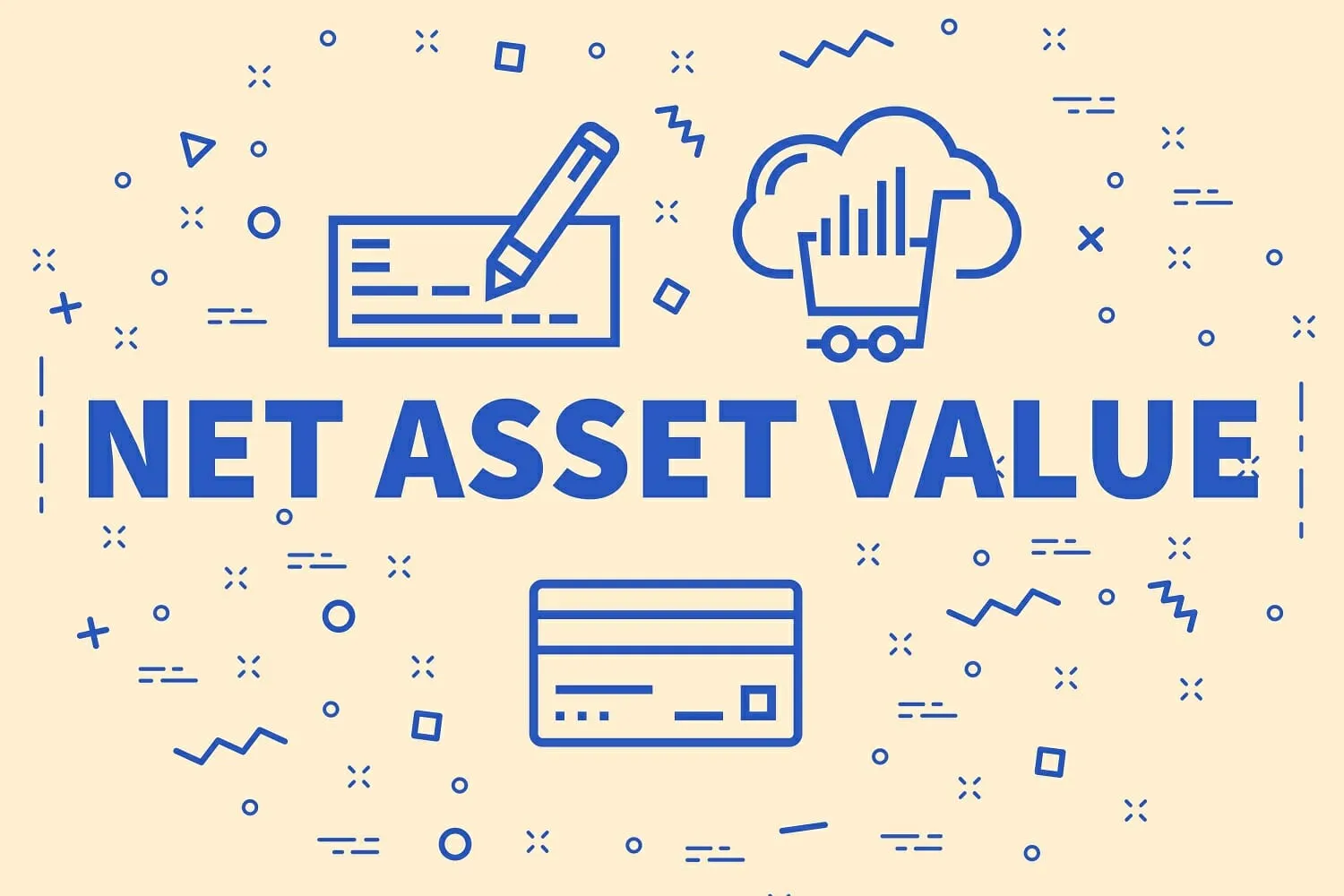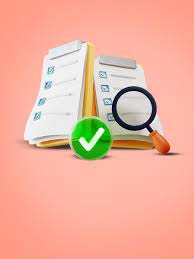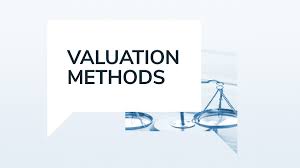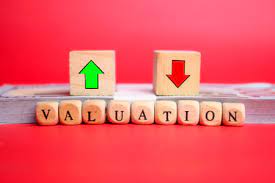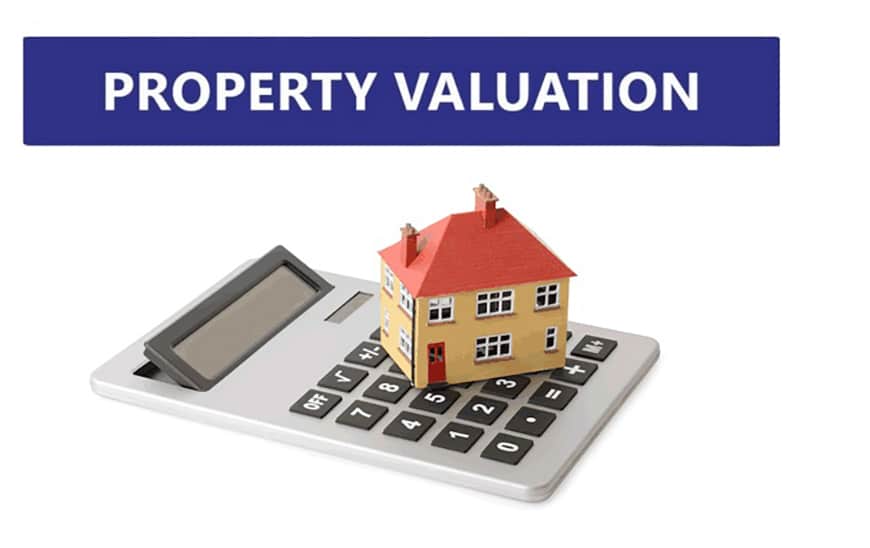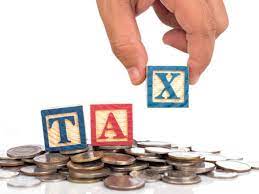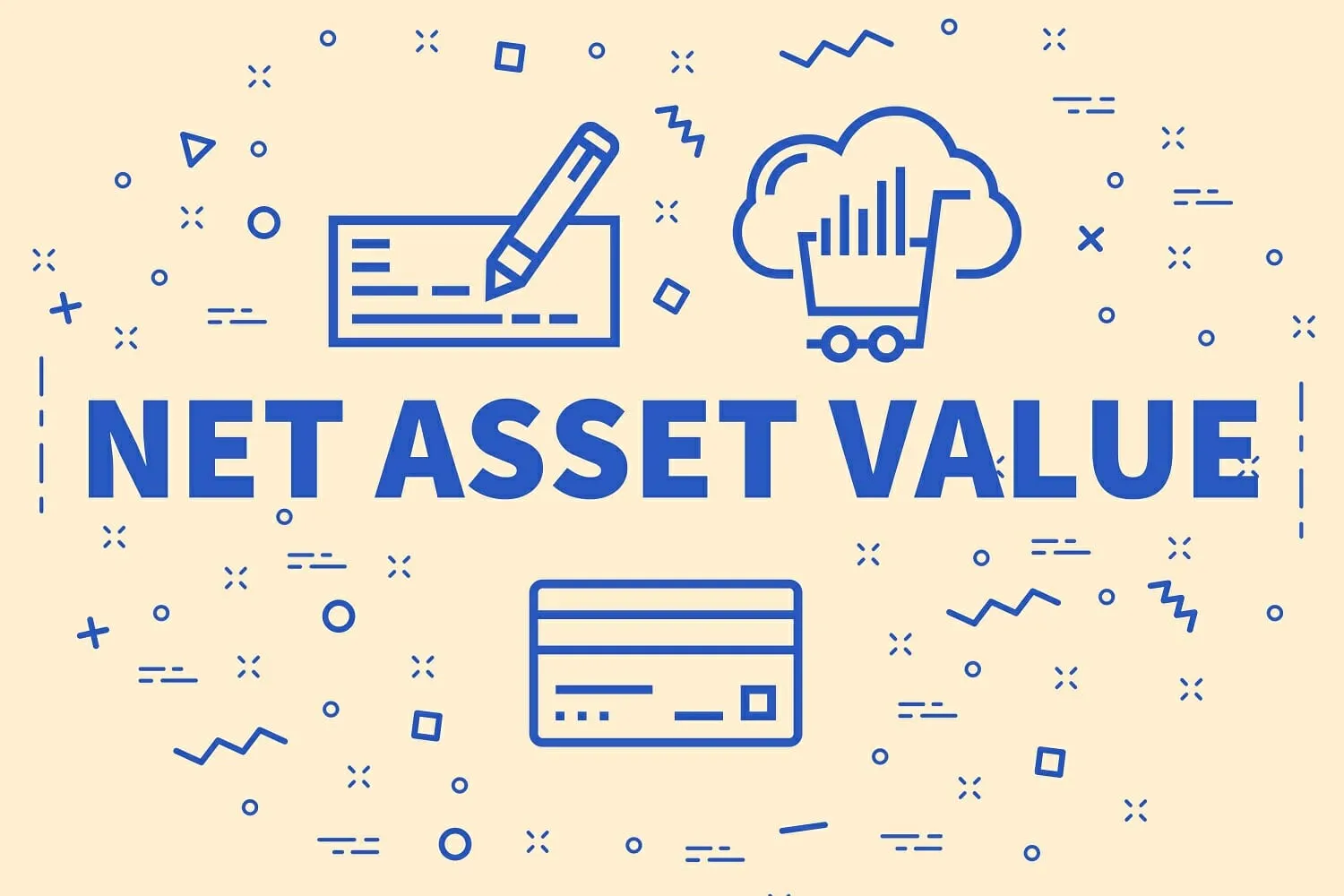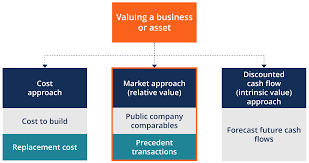What is Asset valuation Certificate?
Asset valuation Certificate? An Asset Valuation Letter is a unique document that offers detailed information regarding the approximate value of specific assets. This letter is often requested in various situations, such as for financial reporting, loan applications, insurance purposes, or legal requirements. It serves as an official record of the value assigned to the… Read More »
